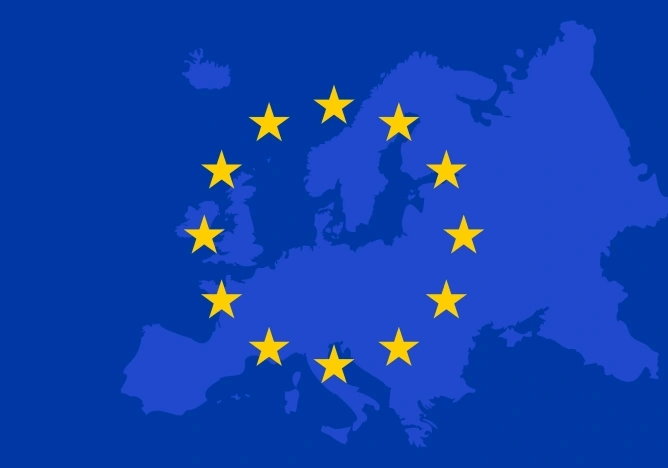
Brussels, November 19, 2025 – The European Commission has presented the Consumer Agenda 2030, the strategy that will guide EU policies in the field of consumer protection over the next five years. The new agenda aims to respond to a rapidly changing economic and technological context, marked by accelerated digitalization, rising living costs, the expansion of e-commerce, and the emergence of new risks for consumers. According to the Commission, consumer protection is becoming a central pillar of European competitiveness, as households generate over 51% of the EU's GDP, and their trust is essential for the functioning of the Single Market.
Executive Vice-President Henna Virkkunen, responsible for Technological Sovereignty, Security, and Democracy, emphasized the necessary balance between protection and competitiveness:
"We must ensure that consumer legislation is prepared for new challenges. We need to address gaps in online protection and tackle new challenges in offline environments. We must empower people and ensure that all companies – including those from third countries – comply with our rules and fully benefit from the potential of the Single Market."
The agenda is structured around four main directions. The first aims to complete the Single Market for consumers by launching an Action Plan for Consumers in the Single Market. This includes assessing the Regulation on geo-blocking – to determine whether discrimination based on nationality or residence has been eliminated – as well as new measures to facilitate mobility, compare tariffs, and ensure cross-border access to financial services, including the ability to open savings or investment accounts in other member states.
The second priority is digital fairness and online consumer protection. In 2026, the Commission will present the Digital Fairness Act, a new law that will strengthen protection against manipulative practices in the digital environment, such as dark patterns, addictive design mechanisms, or personalization that exploits user vulnerabilities. The Act will include enhanced protections for minors, reducing their exposure to harmful features in applications and digital platforms. This pillar also includes measures to reduce administrative burdens for companies, promote digital solutions such as electronic labeling, and strengthen protection against online fraud.
Commissioner Michael McGrath, responsible for Democracy, Justice, Rule of Law, and Consumer Protection, highlighted the importance of online protection in an environment dominated by e-commerce and technology:
"In a rapidly changing digital world, where e-commerce continues to grow, consumers – especially minors – deserve protection, whether they shop in physical stores or online. The 450 million European consumers must be able to trust the products they buy and the places from which they purchase them."
The third direction of the Agenda focuses on sustainable consumption. The Commission will support member states in implementing legislation that combats greenwashing, promotes sustainable and repairable products, and supports the circular economy – including facilitating the return of unused goods, developing second-hand product markets, and encouraging circular start-ups. These actions aim to increase the lifespan of products and reduce environmental impact.
The fourth priority is strengthening the enforcement of consumer protection legislation. The massive growth of e-commerce has led to an accelerated circulation of unsafe products mainly from third countries. In 2026, the Commission will propose a revision of the Regulation on Consumer Protection Cooperation (CPC) to strengthen enforcement tools, increase the efficiency of collaboration between national authorities, and ensure a fair competitive environment for compliant companies. In parallel, the Commission will assess the need to centralize certain investigative powers, strengthen market oversight by revising relevant legislation, and continue cooperation with third countries to combat non-compliant products at the source.
The implementation of the Agenda will be monitored annually within the EU Consumer Summit, and policy guidance will be ensured through periodic ministerial forums dedicated to consumer protection. The Consumer Agenda 2030 is the result of a public consultation launched in May 2025 and complements other Commission initiatives in the field of competitiveness and the single market, such as the Single Market Strategy, Competitiveness Compass, and the upcoming Single Market Roadmap.





















